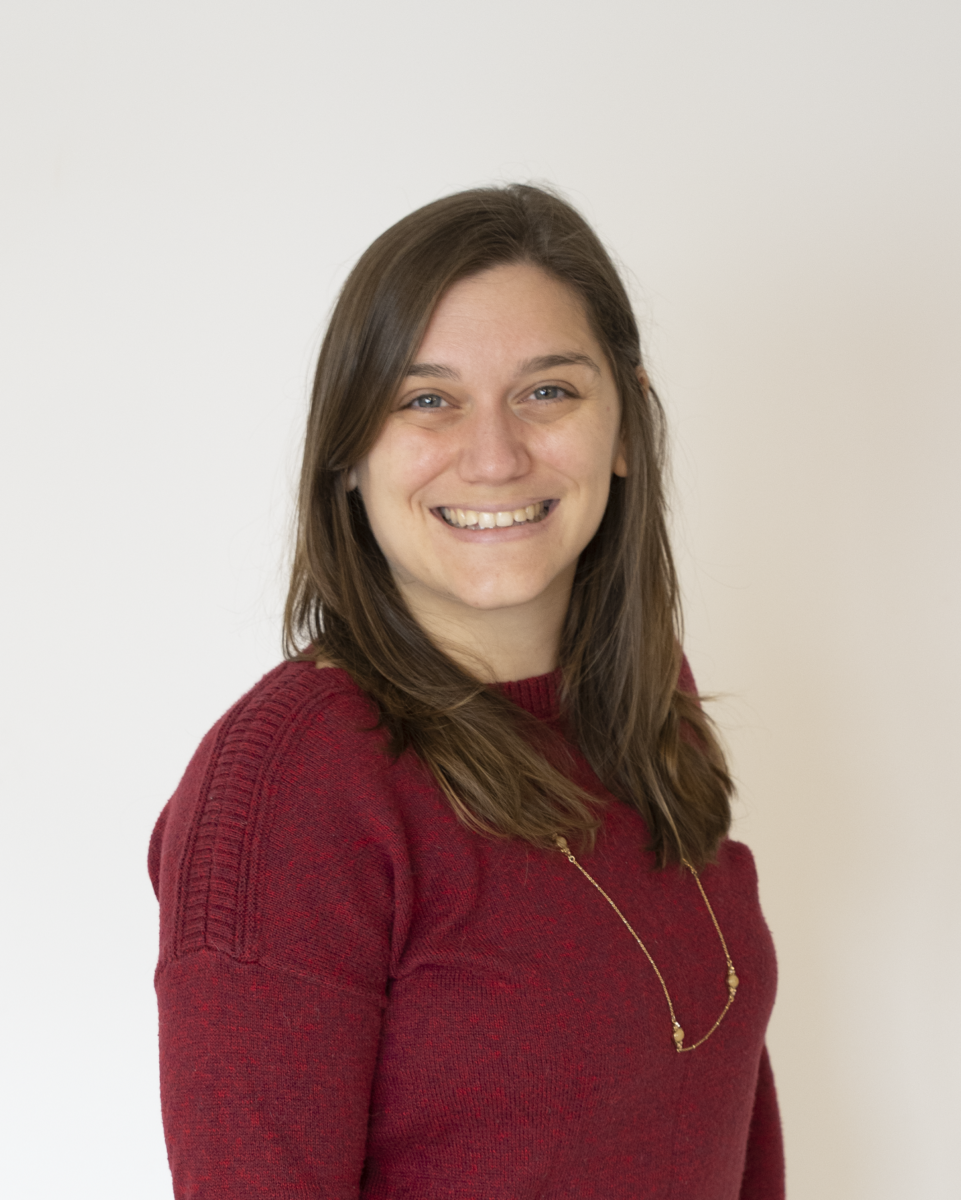Who are you calling ‘vulnerable’?
 November 21, 2019
Category: Featured, Purpose, Short
November 21, 2019
Category: Featured, Purpose, Short
If you’re a nonprofit organization, chances are that your mission is to support a population that is, in some way, vulnerable or disadvantaged.
But, there are many ways in which a group of people can be vulnerable; saying that your program exists to support vulnerable populations isn’t only an oversimplification, but it perpetuates stigmas that surround the people that you help.
The term vulnerable populations essentially means that there’s a group of people that are connected by the attribute of vulnerability. It tells you nothing about what, exactly, they’re susceptible to or at risk of; it simply states that they need some form of specialized care.
So why do so many nonprofits say that their services exist to support vulnerable populations? It’s a catch all phrase that doesn’t properly explain who you help. What it does do is reinforce stigma and stereotypes.
The term vulnerable populations creates an us vs. them distinction; the people that fall into the vulnerable population category are different or other than the general population. And, when being purposefully vague about who exactly is in the sub-population that is vulnerable, you’re opening the door for a whole lot of assumptions about the people in that population.
When I say vulnerable populations to you, what image comes to mind? It’s probably a stereotype; the images that flood my mind when I hear that term sure are. Why set your supporters up for stereotypical assumptions when you could just simply state who you support?
Does your organization support youth exiting foster care or experiencing homelessness? Just say that. People with mental health disabilities who have experienced chronic homelessness? Say that. Women pursuing a career in technology? Say it, just like that.
They’re all populations that require specialized services due to systemic racism, classism, sexism, and the other various isms that affect everyone in one way or another, and put many folks at an automatic disadvantage. But they’re also distinct populations of people who aren’t just their identifier. They’re human beings that have strengths, passions, skills, and grit — calling them vulnerable populations takes away all the good and only reminds them that they’re not good enough. They’re not a part of the community, they’re a subset that is to be looked down upon or seen as separate from everyone else.
So, be specific when you’re talking about what you do. Tell your supporters and the general public how society has put them at a disadvantage, and what you’re doing to correct the imbalance. In most cases the person who needs help hasn’t done anything wrong; they’re just trying to find their footing after having to deal with extra hurdles and barriers that others don’t have to navigate.
And if they did make a mistake — well, doesn’t everyone at one point or another? It doesn’t make them less worthy of support.
Trending News










